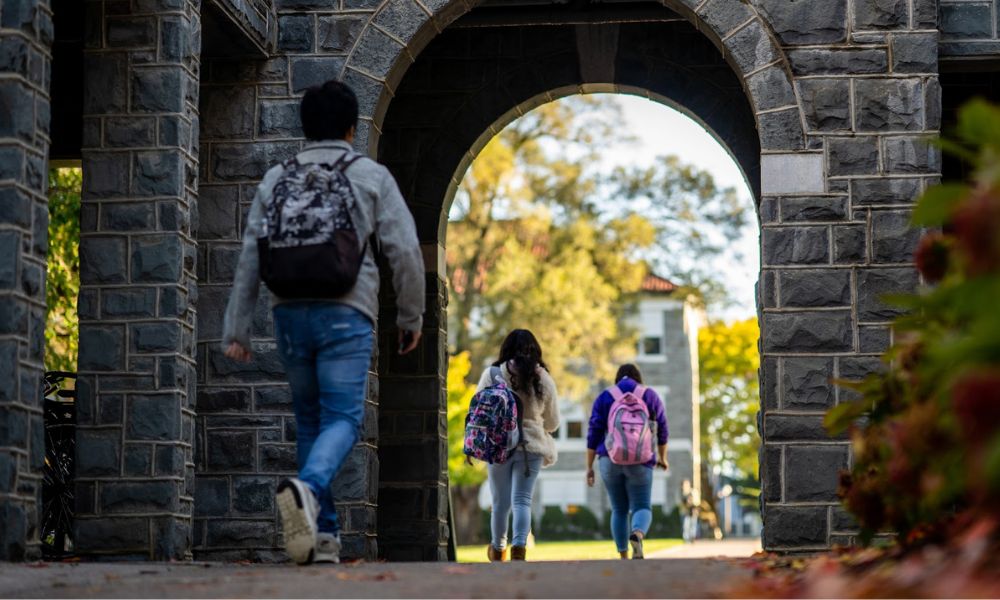
Frequently Asked Questions
We welcome applicants from all majors and professional backgrounds. Alumni have come to us from fields including science, English, sociology, business, education, writing studies, psychology, journalism, and more. We also have students who come directly from the workplace after an extended break from university studies.
The WRTC Admissions Committee is interested in applicants who demonstrate clear educational and career goals and who articulate how those goals can be supported by our program and faculty.
Applicants should submit 20-30 pages (or digital equivalent) consisting of one or multiple documents. Print, digital, or multimedia documents may be included. Sample work might include essays, reports, proposals, websites, technical documentation, blog posts, etc. from either academic or workplace settings. Check out our tips on selecting samples on the WRTC Admissions page.
We generally accept 10-12 new students each year. This ensures small classes and opportunities to work closely with faculty.
WRTC has an excellent record of securing assistantships for qualified applicants. Assistantships cover tuition and provide a semi-monthly stipend. Assistantships take a variety of forms from creating social media content, to recording podcasts, to coordinating campus clubs, to working with faculty on research projects. In their second year, students are eligible to apply for a Teaching Assistantship to gain experience teaching first-year writing courses. Please go to the Cost of Attendance Calculator to see the estimated cost of attendance for your program of study.
Students in our graduate program complete three required courses (nine credit hours), six courses of WRTC electives (18 credit hours), and two courses of thesis or internship hours (six credit hours). Check out the WRTC Degree Requirements page for more information.
At the end of their first year, students determine whether they will complete an internship project or a research-based thesis. Students then identify a graduate faculty member to serve as their Capstone Advisor. At the beginning of their second year, students identify two other faculty members (or, in some cases, industry, government, or nonprofit professionals) to serve as committee readers.
Students produce a variety of content for capstone portfolios. Past projects have included deliverables such as user-experience audits, academic writing, social media content, grant proposals, editorial work, healthcare documents, etc.
Graduates from our program go on to positions in nonprofit, education, government, and business. They often work as technical writers, digital media specialists, program coordinators, copywriters, publication managers, content strategists, and marketing professionals. Graduates also pursue doctoral work in writing studies and related fields. You can learn more about graduate student careers on the WRTC Careers page.
Our program uses a “learning to learn” model for technological innovation. While students often receive training on specific applications (e.g., visual design programs, project management platforms), we focus on teaching foundational skills that can be transferred to any workplace or academic setting.
